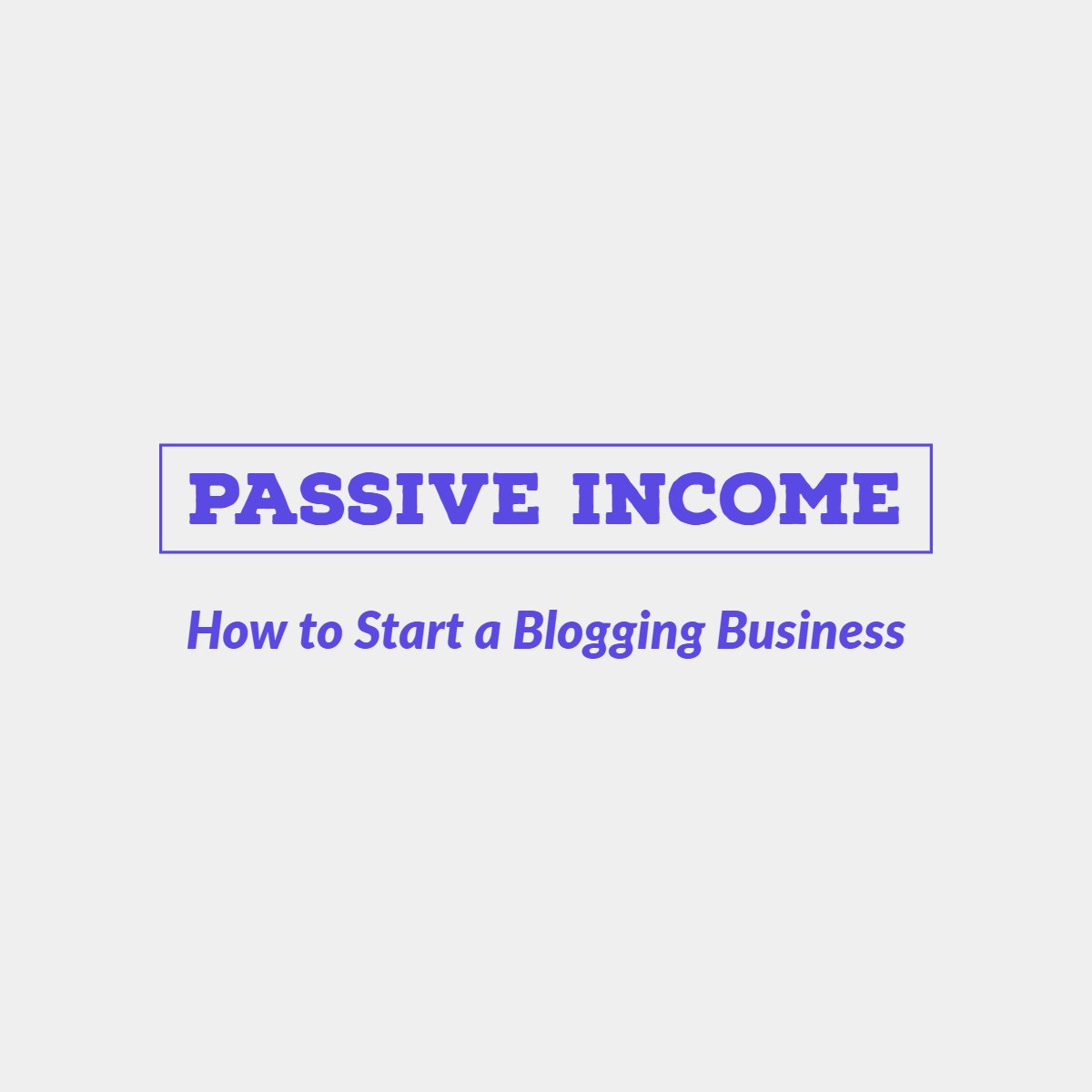What is the Optimal Word Count for Blog Posts
When it comes to blog posts and SEO, one of the most common questions that arises is: what is the optimal word count?
- Factors that Influence Best Optimal Word Count
- Conclusion
- Frequently Asked Questions
- 1. What is the optimal word count for blog posts, and does it affect SEO?
- 2. Do longer blog posts always rank higher in search engine results?
- 3. Are there any drawbacks to writing longer blog posts?
- 4. Can shorter blog posts still rank well in search engine results?
- 5. How can I determine the optimal word count for my blog posts?
- 6. Should I prioritize word count or quality of content when writing blog posts?
- 7. What role does user engagement play in determining the effectiveness of blog post length?
- 8. Are there any SEO strategies I can implement to enhance the performance of shorter blog posts?
- 9. How can I keep readers engaged in longer blog posts to prevent reader fatigue?
- 10. How can I test and optimize the effectiveness of different blog post lengths for my audience?
Factors that Influence Best Optimal Word Count
While there is no definitive answer, there are several factors to consider when determining the ideal length for your blog posts.
The Myth of Longer Posts
Many articles and SEO experts claim that Google prefers longer blog posts, typically between 2,000 to 3,000 words. The idea behind this theory is that longer posts provide more in-depth information and are therefore more valuable to readers.
While it is true that longer posts can provide comprehensive insights, there is no direct correlation between word count and SEO ranking.
Google’s algorithm is designed to prioritize content that is relevant, informative, and engaging. Length alone does not guarantee these qualities.
It is essential to focus on the quality of your content rather than solely on the number of words.
The Importance of Relevance
Instead of fixating on a specific word count, it is crucial to prioritize relevance. Your blog post should align with the search intent of your target audience.
Understanding what your readers are looking for and delivering valuable content that meets their needs is more important than the length of the post.
For some topics, a shorter blog post may be sufficient to provide the necessary information. On the other hand, complex or technical subjects may require more in-depth coverage. The key is to strike a balance between providing comprehensive content and keeping it concise.
The Role of User Experience
Another factor to consider is the user experience. Long-winded blog posts that are filled with unnecessary fluff can be daunting for readers.
It is essential to keep your content engaging and easy to read. Break up your text with subheadings, bullet points, and images to improve readability.
Additionally, the attention span of online users is relatively short. Research suggests that the average reader spends about 37 seconds reading a blog post. With this in mind, it is crucial to capture their attention and deliver valuable information within a reasonable word count.
Category and Competition
The category or niche of your blog can also influence the optimal word count. Some topics naturally lend themselves to longer posts, such as in-depth tutorials or comprehensive guides.
In contrast, news or opinion pieces may be more concise.
Furthermore, it is essential to consider the competition within your niche. Analyze the top-ranking posts for your target keywords and evaluate their length. While this should not dictate your word count, it can provide insights into what is currently performing well.
SEO Ranking and Word Count
While there is no direct correlation between word count and SEO ranking, studies have shown that longer posts tend to attract more backlinks and social shares.
This is likely due to the comprehensive nature of longer content, which provides more opportunities for other websites to reference and link back to your post.
However, it is important to note that correlation does not imply causation. Longer posts may attract more backlinks and social shares because they often cover complex topics or provide unique insights, rather than solely because of their word count.
Conclusion
Ultimately, there is no one-size-fits-all answer to the optimal word count for blog posts. Instead of focusing on a specific number, prioritize relevance, quality, and user experience. Tailor your content to meet the needs of your target audience and provide valuable insights. Remember, it is the substance of your blog post that will truly make a difference in your SEO ranking.
Frequently Asked Questions
1. What is the optimal word count for blog posts, and does it affect SEO?
The optimal word count for blog posts can vary depending on factors such as topic, audience, and content depth. While there’s no fixed rule, longer blog posts (typically 1,500 to 2,500 words) tend to perform better in terms of SEO, as they provide more opportunities to target keywords, cover topics comprehensively, and demonstrate expertise. However, shorter blog posts (around 500 to 1,000 words) can also be effective for addressing specific topics or answering quick queries.
2. Do longer blog posts always rank higher in search engine results?
Not necessarily. While longer blog posts often have the potential to rank higher in search engine results due to their depth and comprehensiveness, other factors such as content quality, relevance, and user engagement also play significant roles in SEO rankings. A shorter blog post that is well-written, informative, and optimized for relevant keywords can still rank highly if it effectively meets user intent and provides value to readers.
3. Are there any drawbacks to writing longer blog posts?
While longer blog posts can offer benefits in terms of SEO and content depth, there are some potential drawbacks to consider:
Risk of reader fatigue
Lengthy content may overwhelm or bore some readers, leading to decreased engagement and higher bounce rates.
Time and resource constraints
Creating longer blog posts requires more time, research, and effort compared to shorter posts, which may not always be feasible for bloggers with limited resources or tight deadlines.
Limited attention span
In today’s fast-paced digital environment, readers may prefer shorter, more concise content that delivers information quickly and efficiently.
4. Can shorter blog posts still rank well in search engine results?
Yes, shorter blog posts can still rank well in search engine results, especially if they are well-written, focused, and optimized for relevant keywords. While shorter posts may not offer the same depth or comprehensive coverage as longer posts, they can effectively address specific topics, answer questions concisely, and cater to users seeking quick answers or information.
5. How can I determine the optimal word count for my blog posts?
To determine the optimal word count for your blog posts, consider factors such as:
Audience preferences
Understand the needs, preferences, and expectations of your target audience when deciding on the length of your blog posts.
Content depth
Evaluate the complexity of the topic and the level of detail required to effectively cover it.
SEO goals
Align your word count with your SEO goals and objectives, balancing between depth of content and user engagement.
Competitor analysis
Analyze the word count of top-ranking blog posts for your target keywords to gain insights into industry norms and expectations.
6. Should I prioritize word count or quality of content when writing blog posts?
Quality of content should always take priority over word count when writing blog posts. While word count can be a consideration for SEO purposes, it’s essential to prioritize delivering valuable, informative, and engaging content that meets the needs of your audience. Focus on providing well-researched, well-written content that offers unique insights, actionable advice, or entertainment value to readers.
7. What role does user engagement play in determining the effectiveness of blog post length?
User engagement plays a crucial role in determining the effectiveness of blog post length. Regardless of word count, blog posts that resonate with readers, spark interest, and encourage interaction (such as comments, social shares, and time spent on page) are more likely to perform well in terms of SEO and audience retention. Monitor user engagement metrics to assess the impact of blog post length on reader satisfaction and retention.
8. Are there any SEO strategies I can implement to enhance the performance of shorter blog posts?
Yes, there are several SEO strategies you can implement to enhance the performance of shorter blog posts, including:
Targeting long-tail keywords
Focus on specific, niche keywords that align with the topic of your blog post to attract targeted traffic.
Optimizing meta tags
Craft compelling titles and meta descriptions that entice users to click through to your blog post from search engine results pages.
Incorporating multimedia
Enhance shorter blog posts with multimedia elements such as images, videos, or infographics to increase engagement and visual appeal.
Internal linking
Link to related blog posts or pages within your website to provide additional context and depth to shorter content.
Promoting on social media
Share shorter blog posts on social media platforms to increase visibility, drive traffic, and encourage engagement.
9. How can I keep readers engaged in longer blog posts to prevent reader fatigue?
To keep readers engaged in longer blog posts and prevent reader fatigue, consider the following strategies:
– Use subheadings, bullet points, and numbered lists to break up text and improve readability.
– Incorporate visuals such as images, charts, and diagrams to illustrate key points and maintain interest.
– Write in a conversational tone and style to make complex topics more accessible and engaging.
– Include relevant examples, anecdotes, or case studies to provide context and real-world application of concepts.
– Encourage reader interaction by posing questions, inviting comments, or incorporating interactive elements such as quizzes or polls.
10. How can I test and optimize the effectiveness of different blog post lengths for my audience?
To test and optimize the effectiveness of different blog post lengths for your audience, consider the following approaches:
Conduct A/B testing
Create variations of blog posts with different word counts and track metrics such as traffic, engagement, and conversion rates to determine which lengths perform best.
Analyze audience feedback
Solicit feedback from your audience through surveys, comments, or social media to gauge preferences and perceptions of different blog post lengths.
Monitor analytics
Use website analytics tools to track user behavior and performance metrics for different blog post lengths, such as time on page, bounce.

